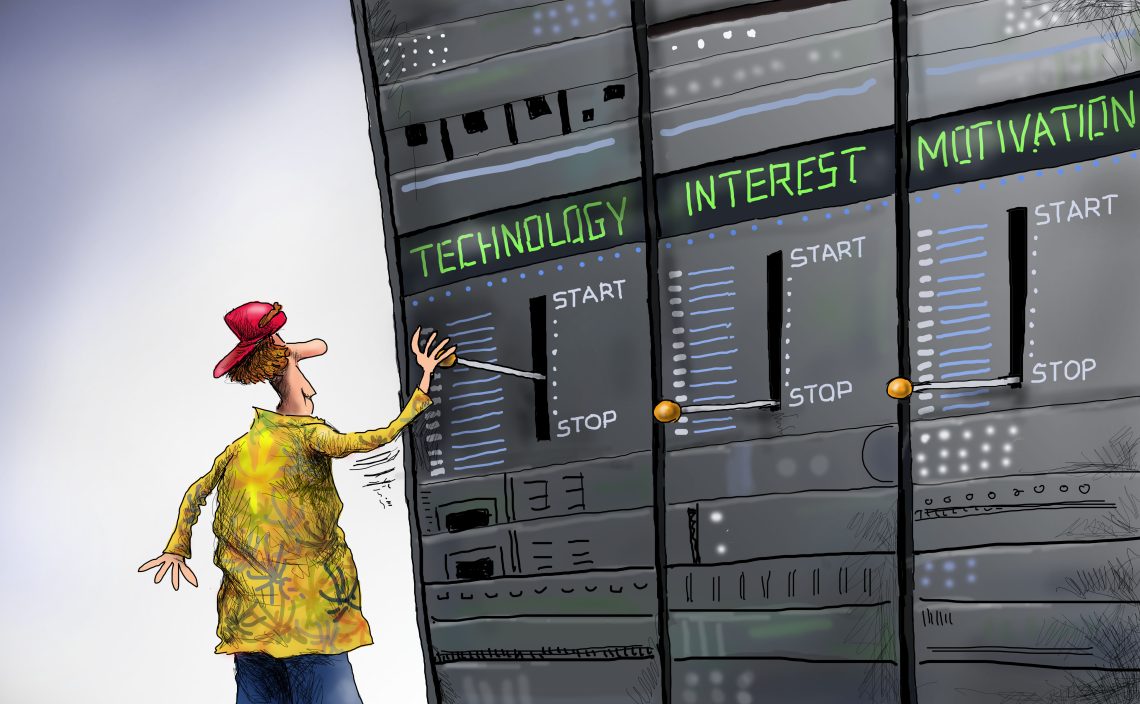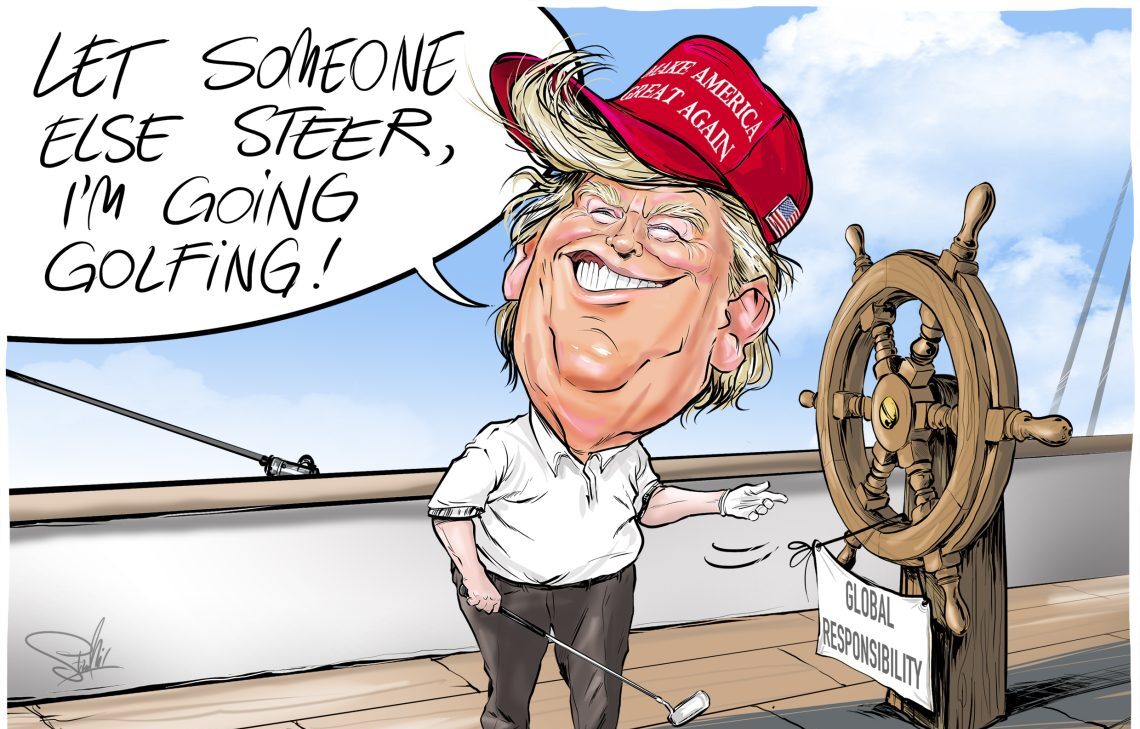Sustainability: Let business lead the way
To achieve development goals, societies across the world will have to balance economic sustainability, social factors and ecological necessities. Already, business is making strong progress on this front. Governments’ role should be to set sensible parameters, but too often gets in the way, trying to spend or economically plan its way toward sustainability.

Several years ago, the World Energy Council coined the term “Energy Trilemma” to describe how energy policies – from local to global – would need to balance three factors: energy security, energy equity and environmental sustainability.
The United Nations Sustainable Development Goals, which comprises 17 aims (see box) became the basis for many sustainability programs and are also subject to a three-pronged challenge. Implementing them will require finding an equilibrium between economic sustainability, social factors and ecological necessities.
Globally, however, imbalances are already visible across various regions. In the United States, social factors – under the umbrella of diversity (gender, race, etc.) – have become the priority, though this overlooks some basic needs and ignores cultural traditions across the globe. Europe is strongly focused on the ecological necessities. In some less developed but highly populated areas of the world, reducing poverty and protecting jobs are the top priorities …
Continue reading ->
Sustainability: Let business lead the way
GIS is a global intelligence service providing independent, analytical, fact-based reports from a team of experts around the world. We also provide bespoke geopolitical consultancy services to businesses to support their international investment decisions. Our clients have access to expert insights in the fields of geopolitics, economics, defense, security and energy. Our experts provide scenarios on significant geopolitical events and trends. They use their knowledge to analyze the big picture and provide valuable recommendations of what is likely to happen next, in a way which informs long-term decision-making. Our experts play active roles in top universities, think-tanks, intelligence services, business and as government advisors. They have a unique blend of backgrounds and experience to deliver the narrative and understanding of global developments. They will help you develop a complete understanding of international affairs because they identify the key players, their motivations and what really matters in a changing world. Our experts examine the challenges and opportunities in economies old and new, identify emerging politicians and analyze and appraise new threats in a fast-changing world. They offer new ideas, fresh perspectives and rigorous study.
































